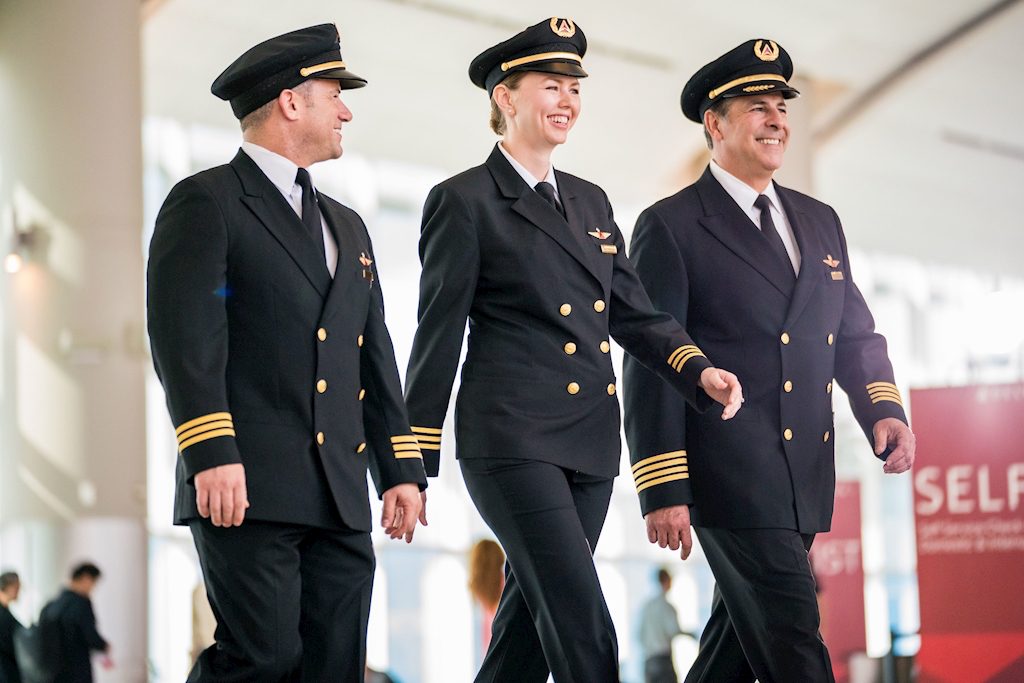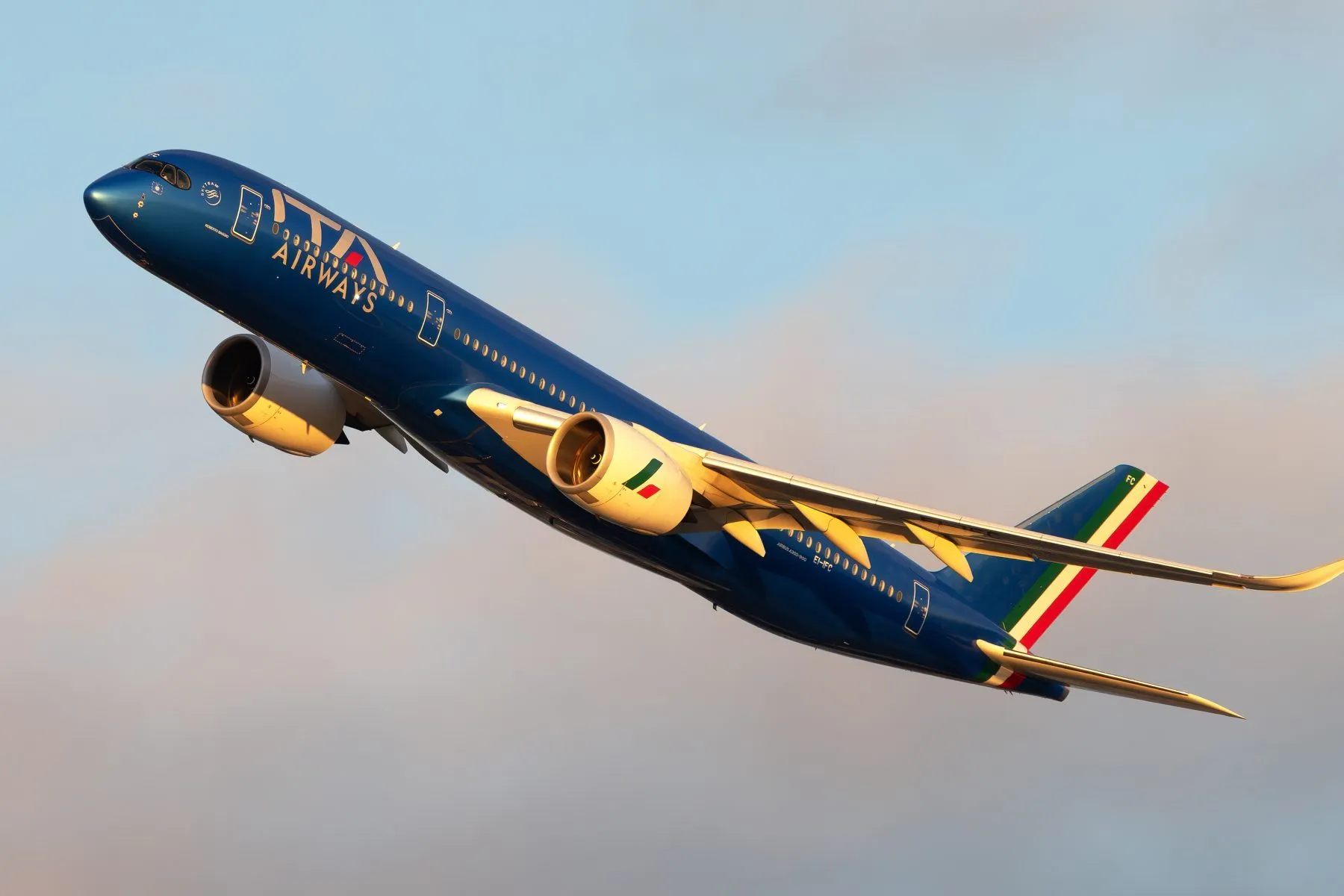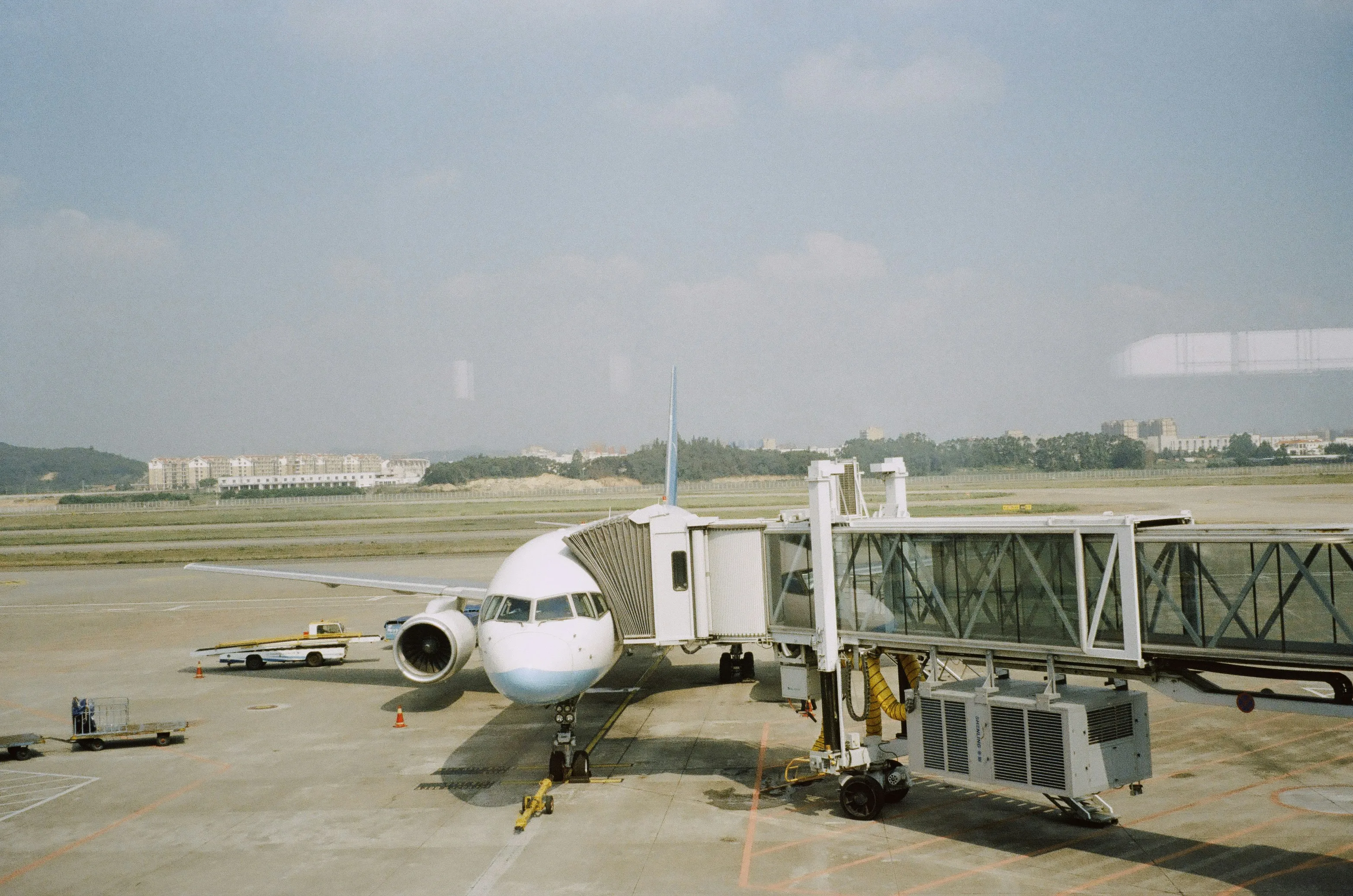Airlines Will Still Face Pilot Shortage Problem Even After Pandemic Downsizings

Skift Take
Despite an unprecedented number of pilots currently being furloughed throughout the world and several airlines reporting losses or shutting down operations, industry experts agree a pilot shortage will still loom as the industry prepares for long-term air travel recovery from the pandemic.
More than 600,000 pilots will be needed in the next two decades.
"We were deep into a pilot shortage pre-Covid, meaning that the second a pilot was qualified, they were being hired by an airline," said Kenneth Byrnes, associate dean and chairman of flight at Embry-Riddle Aeronautical University.
While that's no longer the case with the current state of the industry, experts and industry trade groups warn the pandemic has only put a pause on a shortage, that it hasn't gone away with more pilots nearing the age of retirement and because of a continuing undersupply of new pilots.
Already during the first half of 2020, 50 percent of the pilot workforce was positioned to reach the mandatory stopping point — retirement — within 15 years, said Faye Malarkey Black, president and CEO of the Regional Airlines Association (RAA). Within the half of that workforce, 15 percent must retire in five years
"The pandemic has just temporarily made the issue seem like it isn't an issue anymore," said Women in Aviation CEO Allison McKay. But she added that when air travel goes back to 2019 levels, maybe in three to four years, the shortages will be just as severe. "The pandemic has caused the airlines to offer retirement to that older group of pilots, so when we go back to say, 2019 levels I think that by all accounts, the shortage could even be more urgent."
A Boeing pilot and technician outlook for 2020 shows pilot retirements coinciding with the industry's recovery timeframe and forecasts the need for 605,000 new commercial pilots over the next 20 years.
A 2020 pilot outlook from civil aviation training group CAE goes one step further forecasting the industry will require 27,000 pilots by the end of this year due to mandatory retirements and attritions, and require a total of 260,000 pilots this decade.
"As an industry, we have weathered global storms before and have learned from those setbacks. Following 9/11, the aviation industry failed to anticipate the important need of building a strong and steady supply of pilots to support the last decade’s record growth. Disruptive events are opportunities to innovate. Together, let’s collaborate to develop the future of aviation training," said Nick Leontidis, CAE group president.
That's a sentiment echoed by Byrnes who stresses the importance of flight training institutes and airlines woking together out of the pandemic. He put it into action by reaching out to Delta, United and regional airlines that Embry-Riddle partners with to keep the lines of communication open.
While furloughs aren't new to the airline industry, RAA's Malarkey Black believes a lot of pilots were deterred from the career after the 9/11 furloughs the industry experienced.
"So those of us who have been around for a long time will talk about how 9/11 was a poisonous effect and there was sort of a last generation of aviators that saw the risk and saw an industry that was embattled and decided this is not for me," Malarkey Black said.
That disenchantment is prevalent in a pilot survey conducted during the pandemic by Goose Recruitment and Flight Global released Thursday showing that of the nearly 2,600 pilots surveyed worldwide, 40 percent felt the pandemic has affected their mental health. And only 64 percent of the pilots surveyed said they would consider becoming a pilot if they had the chance again.
What's more, graduate level pilot training does not offer the same financial aid opportunities as with other professions, RAA's Malarkey Black said. "And that is making this profession the domain of the wealthy and the privileged and that is very challenging, and it is, it's something that has grown worse over time because the costs have gone up, but the funding has not kept pace."
Another aspect of the pilot shortage is a lack of diversity in the flight deck.
"What is needed is continual, intentional, engagement with underrepresented groups of people. Engagement to increase awareness about career opportunities, engagement and investment to bring dollars directly to students, and a support system that helps to offset the socio-economic drag experienced by many of these groups," said Joel Webly, the board chairman at the Organization of Black Aerospace Professionals.
In an effort to assist pilots, the Federal Aviation Administration launched an aviation workforce grant for pilots this month.
Workforce development grants are a great step in the right direction, but increasing diversity means more than just helping with tuition, Webly said. It takes partnering with organizations that are deeply rooted in communities, and understanding the full spectrum of cultural and societal challenges that present barriers to entry.




